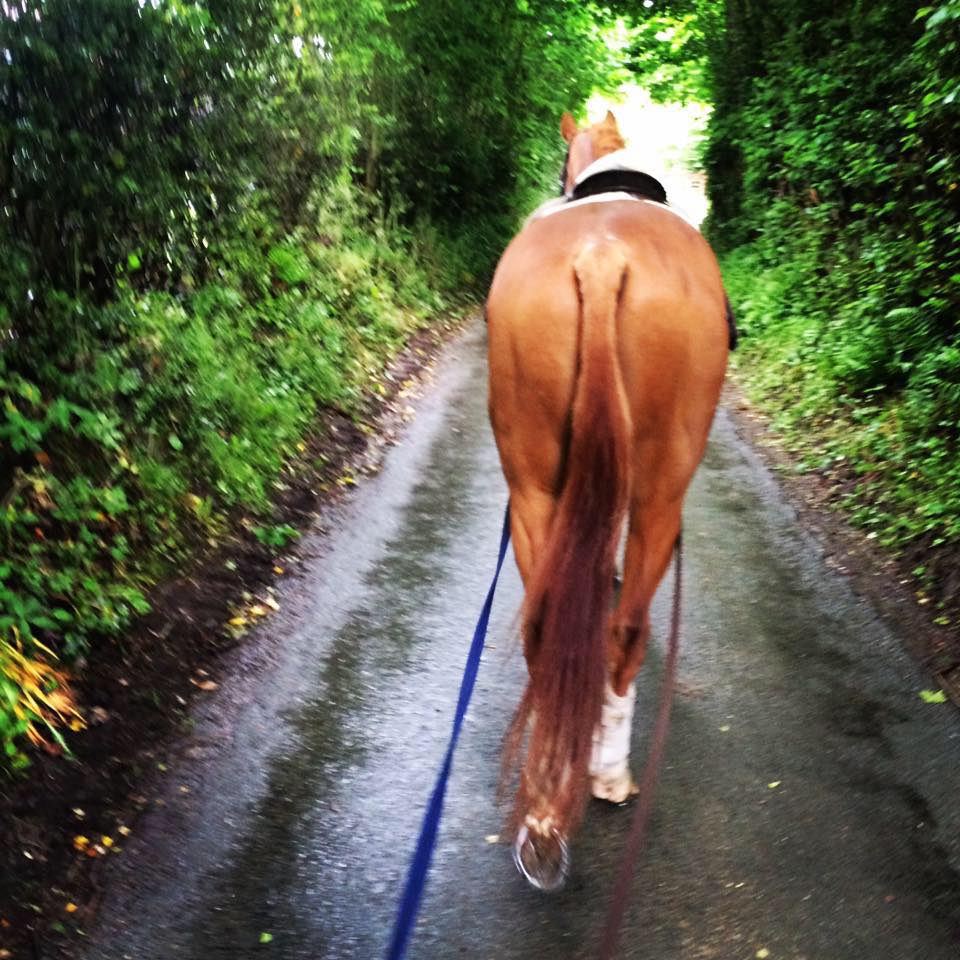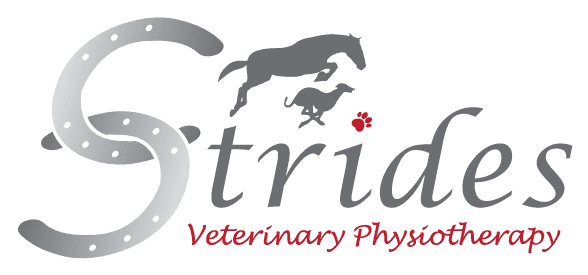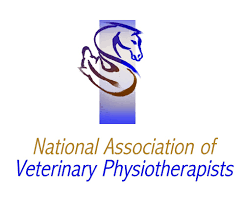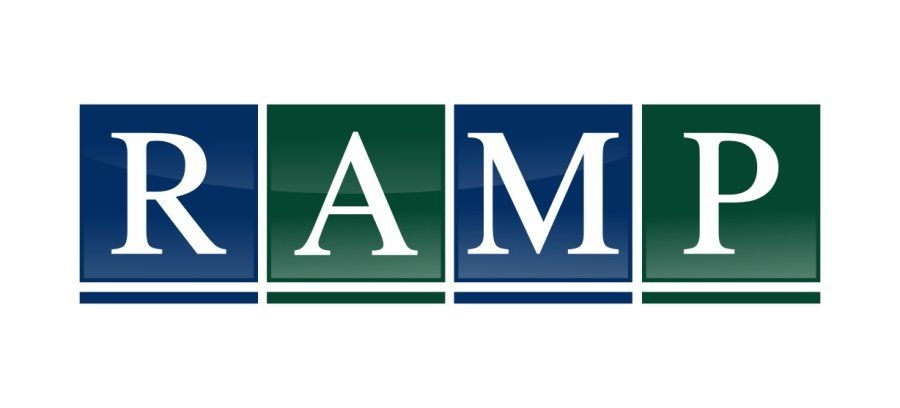FAQs
Frequently Asked Questions
What is a Veterinary Physiotherapist
Veterinary Physiotherapists specialise in assessing movement and muscle function. Vet Physio's assess the animal statically, observing conformation and muscle development and then dynamically to identify any abnormalities. Following this the animal is then palpated to consolidate the observations and localise any areas of pain or tension. If there are any concerns the animal may need to be referred back to the vet but if not then a treatment program will be devised and discussed with you to help address these issues using physiotherapy techniques and remedial exercise. The animal is looked at as a whole and all involved professionals are consulted and kept informed to enable the best possible outcome.
Currently the title Veterinary Physiotherapist is not protected, this means that anyone can call themselves a Vet Physio and treat animals with little or no training. It is very important that you as an owner check the credentials of your chosen practitioner.
When choosing a therapist you should check what qualifications they carry, ideally you are looking for a Postgraduate qualification such as a Postgraduate Diploma (PgD) or Masters (MSc) Veterinary Physiotherapy. Practitioners who have taken this route will have been through extensive training to gain this qualification including academic and practical skills.
Chartered Veterinary Physiotherapists studied human physiotherapy and gained an undergraduate degree before completing a PgD or MSc Veterinary Physiotherapy. Only human trained Physio's can use the protected term "Chartered"
Veterinary Physiotherapists who carry a postgraduate qualification have purely studied animal physiotherapy and usually have prior industry experience, an animal science or veterinary/vet nursing degree before commencing the Postgraduate course. During their training they will have covered anatomy, physiology and disease modules, as well as physiotherapy and rehabilitation modules. Alongside the extensive academic side there is also a large practical element which involves hands on teaching and placements with practicing Veterinary Physiotherapists.
Alongside checking the qualifications of your chosen therapist you can also see if they belong to a governing body which indicates that the practitioner is not only qualified but also insured to give extra security. Recommended sites include:
- National Association of Veterinary Physiotherapists (NAVP)
- Association of Chartered Physiotherapists (ACPAT)
- Institute of Registered Veterinary and Animal Physiotherapists (IRVAP)
Is physiotherapy covered by my insurance?
Physiotherapy treatment is covered by most insurance companies so if your animal has a Vets Fees insurance claim and Physiotherapy is recommended by your Vet then you should be covered but check your policy. NAVP Veterinary Physiotherapists are approved by Insurance companies.
How do I pay for treatment?
You will be invoiced on the day of treatment and payment is required on the day unless previously arranged (fees payable are listed under services). Payment options include Cash, Cheque and Bank Transfer.
If you need to change your appointment it is asked that 24hrs notice be given, missed appointments will be charged unless circumstances are exceptional. We reserve the right to refuse treatment if it is judged that the animal requires veterinary attention prior to any physiotherapy treatment, the client will still be liable to pay a call out fee.
Many insurance companies will reimburse veterinary physiotherapy fees, however these will need to be paid in full and the costs recovered from your insurance. This is usually done by sending the invoice to the claim department handling your claim once your vet has authorised physiotherapy. It is advisable to check your policy before booking if you are requiring treatment as part of an insurance claim.
How many treatments will my animal need?
A follow up treatment may be necessary depending on the individual case and any findings and then it is recommended that maintenance sessions are booked as required (individual dependant but usually either annually, biannually or quarterly) to monitor any weaknesses your animal may have to avoid potential problems long term.
Will my horse need time off after treatment?
This depends on the individual and whether or not the appointment is for maintenance or a diagnosed condition. It is possible that your horse may need a couple of days off work so it is advisable to arrange your appointment for a quieter time in your horse's schedule if possible!
Do I need to be present for my animal's appointment?
Ideally you would be present to discuss your animal's current situation and history but this can be done over the phone prior to treatment if required. Someone who is familiar with the animal and any issues will need to be available to handle the animal so that a thorough dynamic assessment and treatment can be carried out. The animal should be clean and dry prior to treatment.
Do you come to me?
Emily will travel to you and your horse/dog will be treated at your yard/home. If required treatment can be arranged at our base (SY7 8HG) where there are stables, an arena and hardstanding.
When does a discount apply?
If you can arrange for 3 or more horses to be treated at the same yard the cost per horse will drop to £45 per horse.
What if my horse needs intensive treatment?
It may be possible for your horse to come and stay at my base for rehabilitation. We have 10 stables, 32 acres, 30x50m all-weather arena and quiet lane hacking. A full rehabilitation service can be provided including physiotherapy, ground or ridden work as required. Contact me for more details or to discuss your requirements.
Useful links:
http://www.navp.co.uk
http://www.irvap.org.uk
http://www.assvap.com
http://www.acpat.org
http://www.rampregister.org

Contact Emily
Glebe Farm, The Fish,
Email
Hopesay, Craven Arms,
Shropshire,
SY7 8HG
07943 637641
01588 660829
emily@stridesvp.co.uk



